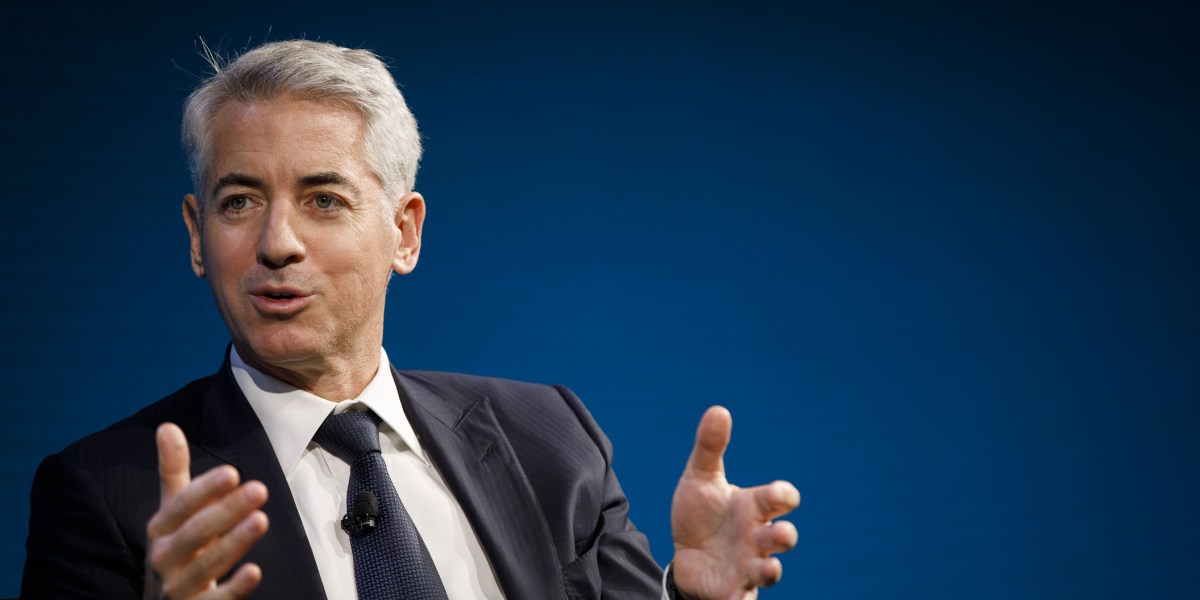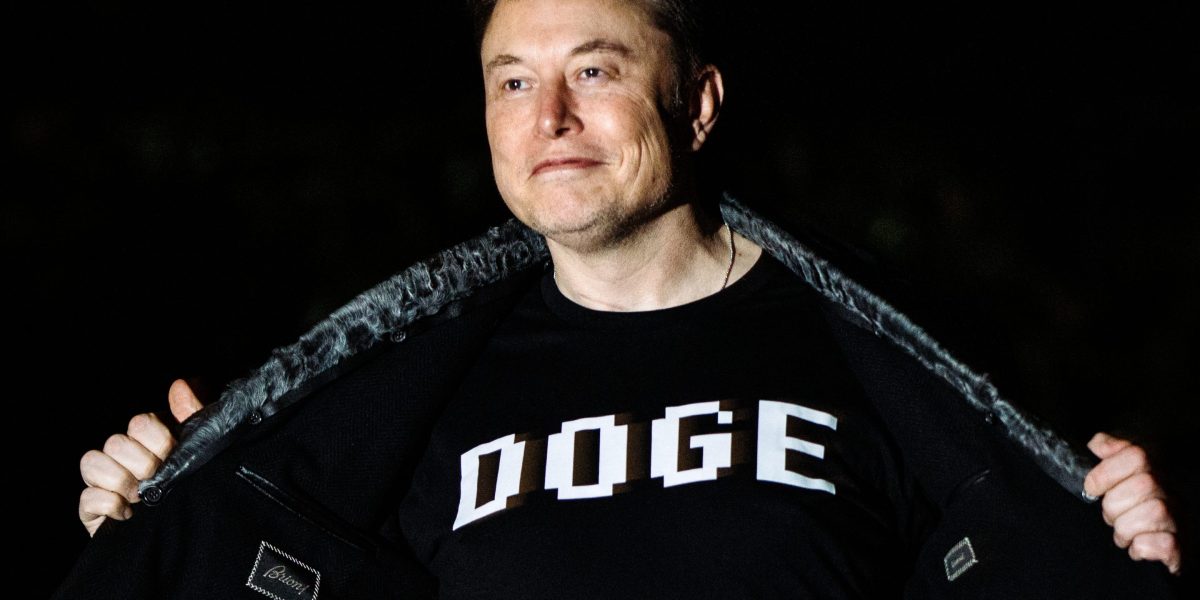Elon Musk’s Department of Government Affairs raced to gut the nation’s top consumer financial watchdog in a frenzied, 36-hour scramble this week, sending out pink slips to thousands of federal employees while lambasting “incompetent” agency staffers, according to court filings by affected employees on Friday.
The filings provide an extraordinary glimpse into the efforts to upend the Consumer Financial Protection Bureau, the agency created in the wake of the 2008 financial crisis that has become a prime target of Trump supporters.
On Wednesday, according to recent court filings, the CFPB’s chief legal officer issued a memo to staff outlining the agency’s supervision and enforcement priorities, announcing a focus on fraud while deprioritizing areas such as loans, digital payments, and medical debt. The following day, CFPB acting director Russell Vought sent out a so-called “reduction in force” memo, informing thousands of employees that they were being fired.
While an appeals court had ruled that any layoffs would need a “particularized assessment,” meaning that any affected employees were deemed unnecessary for the agency to fulfill its statutory requirements, an agency staffer testified in a court filing released on Friday that the CFPB’s chief operating officer dismissed any concerns that the direction was not being followed, instead saying that “all that mattered was the numbers.”
The staffer, who submitted a pseudonymous declaration because of fear of retaliation, said they were part of the reduction-in-force team. According to the document, DOGE member Gavin Kliger managed the RIF, keeping the team up for 36 hours straight to ensure that notices would go out on Thursday. “Gavin was screaming at people he did not believe were working fast enough to ensure they could go out on this compressed timeline, calling them incompetent,” wrote the staffer.
Kliger did not respond to a request for comment.
Jason Brown, the head of the CFPB’s 57-person office of research, testified that all but three senior employees were fired on Thursday, with no one consulted about whether the office would be able to fulfill its statutory duties after the layoffs. “The remaining employees lack certain technical expertise to fulfill these functions on their own,” he wrote.
Josh Friedman, an Air Force veteran working in the CFPB’s Office of Servicemember Affairs, wrote in a declaration that he was issued an RIF notice while serving on active duty at the Pentagon. He testified that all or nearly all of the office staff had been fired, despite Dodd-Frank requiring the agency to have the office.
In the crosshairs
The CFPB, established more than a decade ago by the landmark Dodd-Frank legislative reforms, has long been in the crosshairs of conservatives, who maintain that its consumer protection mandate is redundant with other regulatory agencies and not subject to proper oversight. After years of unsuccessful conservative legal challenges to eliminate the agency, the CFPB became a prime target of many of Trump’s supporters during his most recent presidential campaign, with Musk tweeting “Delete CFPB” after Trump’s victory in November.
The Trump administration quickly attempted to halt the agency’s activity and to conduct widespread firings after taking office, but was met with legal obstacles, including a lawsuit by some of the targeted employees. Even with the CFPB’s work largely stalled and Congress repealing the agency’s recent rulemaking, staffers have fought in court to be reinstated to their positions, arguing that attempts to “delete” the agency are unconstitutional.
While the judge overseeing the case halted the CFPB from firing workers or shutting down the agency, an appeals court last week scaled back the freeze, allowing the administration to partly continue with its campaign. The CFPB’s decision this week to fire approximately 90% of its 1,700 employees, however, triggered a legal showdown.
At a preliminary hearing on Friday, the judge overseeing the case issued a temporary block on the layoffs, though she will continue to decide whether they violate her previous order, with a follow-up hearing scheduled for April 28. In a filing on Friday, the CFPB’s chief legal officer argued that it is taking the bureau in a “new direction.”
“I applaud the federal judge for blocking Donald Trump and Elon Musk’s attempt to fire nearly all of the staff at the Consumer Financial Protection Bureau, and for recognizing this latest move for what it is: yet another illegal effort to gut the agency altogether,” said House Financial Services Committee Ranking Member Maxine Waters (D-Calif.) in a statement shared with Fortune.
A spokesperson for the CFPB did not immediately respond to a request for comment.
Do you work at the CFPB? Have more information? Reach out via Signal to Leo Schwartz at 856-872-2064
This story was originally featured on Fortune.com
Source link

 Entertainment8 years ago
Entertainment8 years ago
 Politics8 years ago
Politics8 years ago
 Entertainment8 years ago
Entertainment8 years ago
 Entertainment8 years ago
Entertainment8 years ago
 Tech8 years ago
Tech8 years ago
 Tech8 years ago
Tech8 years ago
 Tech8 years ago
Tech8 years ago
 Politics8 years ago
Politics8 years ago







